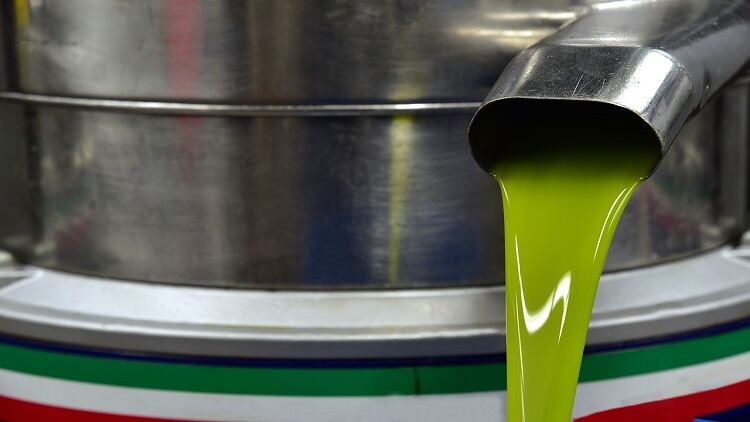“[We have] made a commitment to achieve 100% of the Company’s packaging to be reusable or recyclable or upcyclable or compostable and eliminate problematic or unnecessary plastic packaging,” said CP Foods via an official statement.
This is aimed to complement the group’s sustainable packaging policy, where it has already committed to 100% of its plastic packaging being made of sustainable materials by 2025.
The company also aims to achieve the same for its overseas operations by the year 2030.
CP Foods Co-President and CEO (Agro Industrial Business) Sooksunt Jiumjaiswanglerg added that: “[We have] been working on the way to find alternative substitutes to single-use plastic materials, especially in the hotspot areas where plastic packages are frequently used such as feed mills, aquaculture farms and food processing plants.
“[This is in line with our aim] to be a responsible company with an environmental friendly value chain.”
Technology is expected to play a major role in CP Foods’ efforts. It is the first company in Thailand to use Poly Lactic Acid (PLA), a natural biodegradable plastic substitute, to pack its fresh meats.
“[We strive to make] packages which meet consumer expectation in term of function, design, food safety while using innovations to maximize utilization of natural resources in line with the concept of Circular Economy,” said CP Foods Co-President and CEO (Food Business) Sukhawat Dansermsuk.
CP Foods has also launched its Research and Development Centre, which will look at innovating packaging for the company, as well as provide package design solutions and other forms of technical assistance.
“New technologies are [also] applied at [our] chicken and food processing plants to minimize plastic waste in production and logistic process, [leading to a drop of] over 3,500 tons of plastic since 2006,” said CP Foods.
“The chicken and food processing plants target to achieve zero plastic bag to landfill within 2025.”
Spotlight on optimisation
CP Foods has also developed a framework looking at packaging optimisation, which it says will target four key areas.
This will target initiatives surrounding the use of materials from sustainably managed renewable resources, supporting the recycling of energy from used packaging, increasing recycled material content and moving towards reuse models (vs single-use) for packaging where possible.
Alongside this, the company has also made further commitments to reduce ecological footprints from its products and operations by joining several major sustainability organisations.
These include the Seafood Business for Ocean Stewardship (SeaBOS), World Business Council for Sustainable Development (WBCSD) and The Sustainable Development Goals (SDGs).
In CP Foods’ Sustainable Packaging and Policy Concept, it reiterated the importance of the ‘Circular Economy’ concept in tackling plastic waste and packaging issues.
“[We will] develop and manage our packaging sustainably by considering throughout the value chain based on “Circular Economy” approach,” said CP Foods.
“[The] intention [is] to efficiently use resources and minimize packaging waste, in particular, plastic waste which is a current global issue.”




